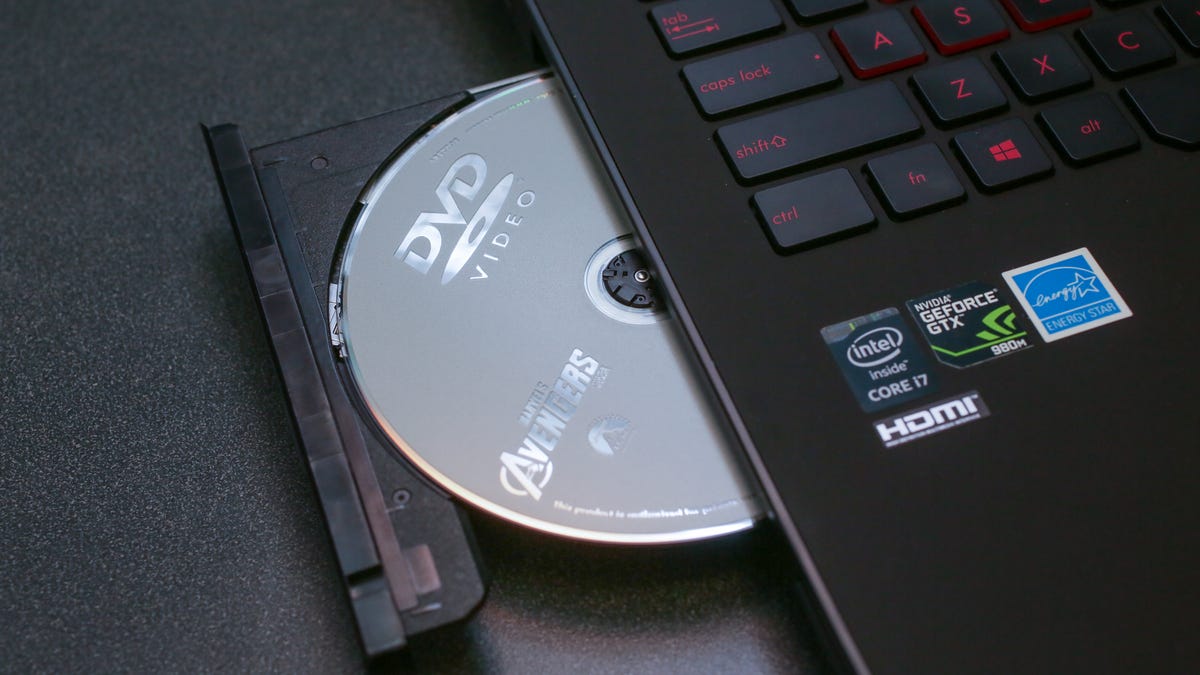Ever own a computer with a DVD drive? You may be owed $10
Optical drive makers settle a class-action lawsuit that accused them of conspiracy to inflate prices.

Do you remember the computer you owned a decade ago? Did it have an DVD drive?
That little trip down memory lane may have just earned you $10.
This past December, Sony, NEC, Panasonic and Hitachi-LG settled a class-action lawsuit that's been in the works for over seven years. The companies were accused of colluding to inflate the prices of optical drives sold to big computer companies and retailers.
When HP and Dell placed orders for lots of optical discs, the lawsuit alleged, competing drive makers would share their bids with each other to keep prices high. When the US Department of Justice investigated the issue, at least one Hitachi-LG executive was sentenced to serve six months in prison after pleading guilty to the conspiracy.
How to submit your claim
What does this all mean for you? If you bought a computer with a DVD drive (or a standalone DVD drive for a computer, including external ones) between April 1, 2003 and December 31, 2008, you're eligible to receive $10 for each drive you purchased as a result of the settlement. You must submit your claim here or by mail before July 1, 2017.
Update, June 2017: The new claims deadline is August 1, 2017.
(Note that while Panasonic DVD drives are covered, Panasonic computers are not eligible, and half the US is out: you'll need to be a resident of Arizona, California, District of Columbia, Florida, Hawaii, Kansas, Maine, Massachusetts, Michigan, Minnesota, Missouri, Montana, Nebraska, Nevada, New Hampshire, New Mexico, New York, North Carolina, Oregon, Tennessee, Utah, Vermont, West Virginia, or Wisconsin.)
I just submitted one for the two computer DVD drives I owned during that period, and it was quick and easy. For now, they just want your name, email address and the number of drives you owned.
Questions remain
Strangely, the settlement administrations don't seem to require any kind of proof that you actually owned the drives, which might be good if the computers you used in 2003 are long gone.
So far, I haven't been able to get a response from the administrators or lawyers overseeing the case about whether they'll need any proof later -- or how many people will be able to actually get their $10 per drive from the settlement fund. Neither responded to requests for comment.
Update, June 2017: A lawyer for the class-action suit tells CNET that you don't need to have proof of purchase, because they understand it's difficult to find receipts from over a decade ago, but they may need to audit "very large claims -- those numbering in the hundreds." So if you bought drives in bulk, keep those receipts for now.
As of June, seven optical disc companies companies have contributed over $180 million to the settlement, and lawyers expect to take about a quarter of that for their trouble.
That could leave roughly enough money to compensate the owners of some 9.3 million optical drives, but that's not necessarily a lot. The PC industry shipped some 57 million computers into the US in 2003 alone, according to research firm Gartner.
And don't expect the money anytime soon, because the lawyers are waiting to see if other optical drive makers settle too. "Because other defendants remain in this litigation, the plaintiffs are proposing that distribution of the settlement funds not occur at this time," reads the settlement website.
If you're curious what sort of evidence plaintiffs had against Sony, NEC, Hitachi-LG and Panasonic, take a peek at one of the amended complaints below. If you start at page 44, you'll find snippets of some very suggestive emails.

